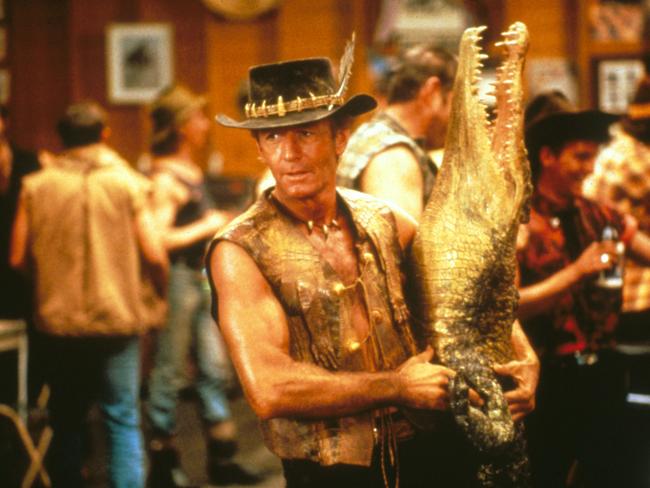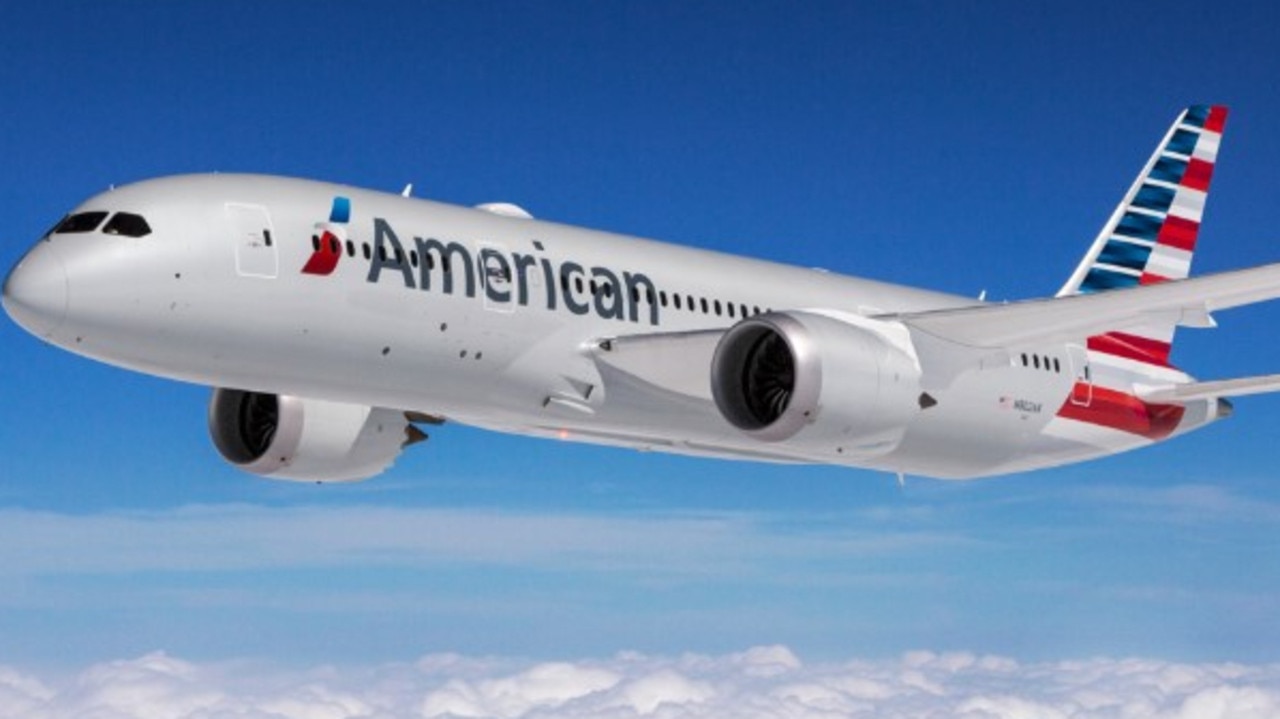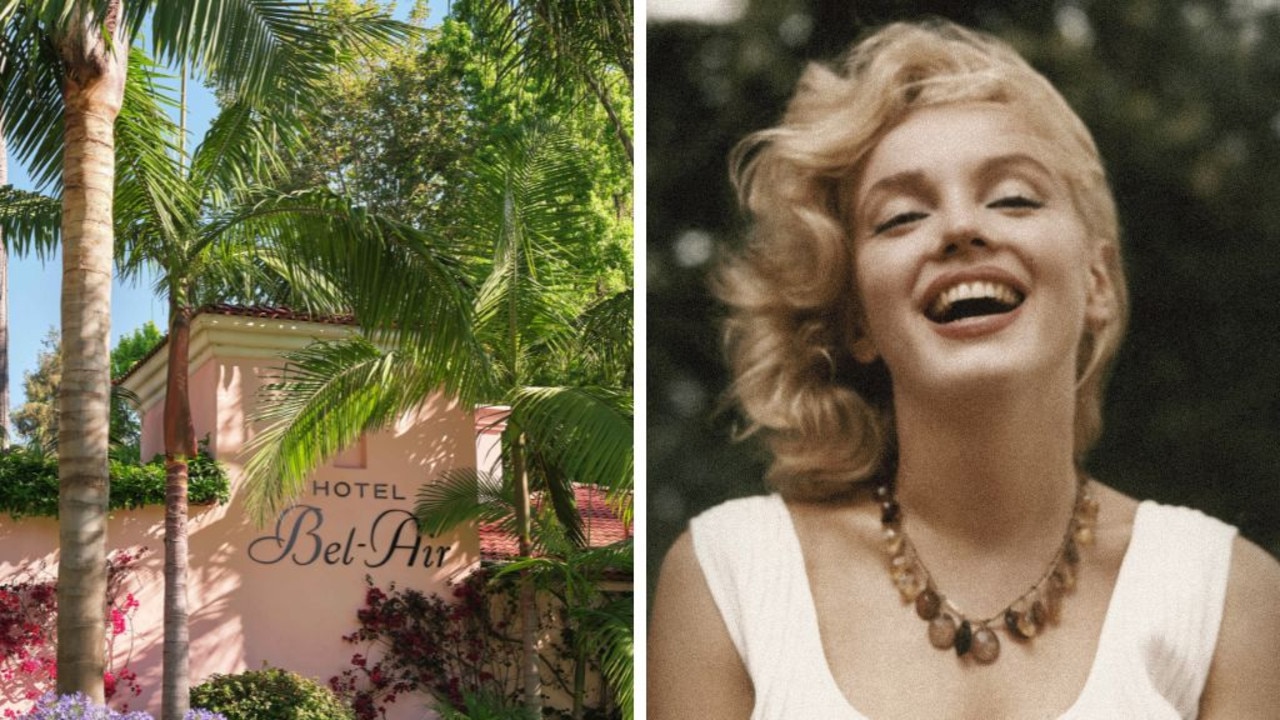Aussie speech is helping us get ahead
WE’RE brash and often impolite. But that’s the precise reason Australians are succeeding in huge numbers in New York.
MOST Australians have a pretty creative interpretation of the English language. Our collective national vernacular involves having a strong proclivity to swear and a regular employment of slang.
It’s something I’ve noticed in abundance, living in New York City for the past several years.
Australians are succeeding across many industries in the city that never sleeps — and a lot of it is down to the way we speak.
I’m not referring to our accents (although that is a foolproof — albeit sometimes frustrating — conversation starter), but the ways in which we actually express ourselves: uniquely and advantageously.
Australians in this huge metropolis have a professional reputation of being diligent, enthusiastic, conscientious and dedicated.
While this is true — our work ethic is second to none — we also possess an additional secret weapon that helps us succeed here, whether or not we’re even aware of it: our unique cultural differences. It’s the simple fact of being Australian that gives us the competitive advantage that we seem to have in business: our collective communication style continues to open doors for us.

The natural predilection Australians have for jovial, relaxed yet straight-shooting conversation is what sets us apart; the way we communicate involves a healthy alloy of professional parlance and conversational tone. We punctuate what we’re trying to say with quirky idioms and odd (but hopefully captivating) titbits of humour.
The vernacular in America, particularly in a business sense, is cautiously professional.
In most instances, Americans wholly appreciate Australians disarming conversational style, often because it’s so different from their PC-focused, slightly impersonal barrier that naturally exists in the US.
Nick Enfield, a professor of linguistics at the University of Sydney, has spent much of his career observing how people react to Australian English and purports that Australians have an innate inclination to speak less formally than our American or British counterparts.
“Every language has what linguists refer to as different ‘registers.’ In our everyday life, we talk in different ways depending on the situation we’re in. Talking to someone we’ve never met — it’s likely that we wouldn’t swear. If we’re at the pub with mates — it’s a different story.
MORE: Aussie accent played a crucial role in Thai rescue
MORE: How are Australian accents really formed?
“When you transplant an Australian to a place like the US — what’s considered to be in the middle of the range for us, comes across in America as being at the informal end of the spectrum. This may be misinterpreted, but not in a bad way. Americans feel like they’re being spoken to as a close friend”
To put it bluntly; Aussies cut the sh*t and tell it straight — something that’s a refreshing perspective from Americans who are linguistically cautious. We also swear. A lot. Australians employ expletives like we’re paid to use them.

We swear to add emphasis, to diffuse tension, when we’re angry, upset, excited or surprised and (speaking for myself) — most of the time it happens involuntarily.
Swearing has undoubtedly become more acceptable in American culture, appearing in literature dozens of more times than in the 1950s, but profanity is still relatively taboo.
I’ve found that this particular nugget of our identity to be particularly appealing to Americans; it loosens up speech and absolves any pretence. It communicates effectively how we’re feeling and drives a point home. In some cases, specific profanities can bestow a highest possible compliment.
The reason Australians are successful with this is because we don’t use expletives to insult — in fact, it’s precisely the opposite.
Swearing is a signifier of trusting someone, a mutual camaraderie, letting someone in on the joke. We employ expletives for constructive, not destructive purposes. And in an era of ubiquitous offensiveness, slicing through the bullsh*t is appreciated.
So why do Australians get away with it? Enfield hypothesises it’s the positive associations with how Australian stereotypes speak that contribute to our likeability.
“The typecast of an Australian in popular culture has given us the reputation in the US as being fun, amiable and unthreatening. Americans have an affection towards the characters who have helped defined the collective Australian persona. Your Paul Hogan’s and Steve Irwin’s of the world.”
Enfield argues there’s another key reason Australians do so well in America, and that’s the fact because we’re so geographically isolated, nobody expects us to understand the way Americans speak and operate (even though we actually do — we’ve been raised on a Hollywood diet).
“It’s almost a virtue that we’re so isolated — because we’re not part of the same broader society, we’re not held accountable for speaking in a way that may be deemed intentionally inappropriate; it’s just how we do it.”
The most important communication tool we have at our disposal, however, is the ability to understand when and how to deploy appropriate methods of communicating.
Australians apply innate critical thinking to ascertain the meaning of local phrases without needing them explained.
We very quickly develop a knack for the nuances of the local communication style — when and how to interject, when our preferred, good-humoured speaking style is appropriate to integrate. There is a certain confidence associated with using speech and communicating unapologetically — as long as the intent is good.
In this expansive, unrelenting metropolis — any advantage to reach the lofty heights of success is welcome. And when that advantage is being unashamedly ourselves — well, that’s just bloody great.



